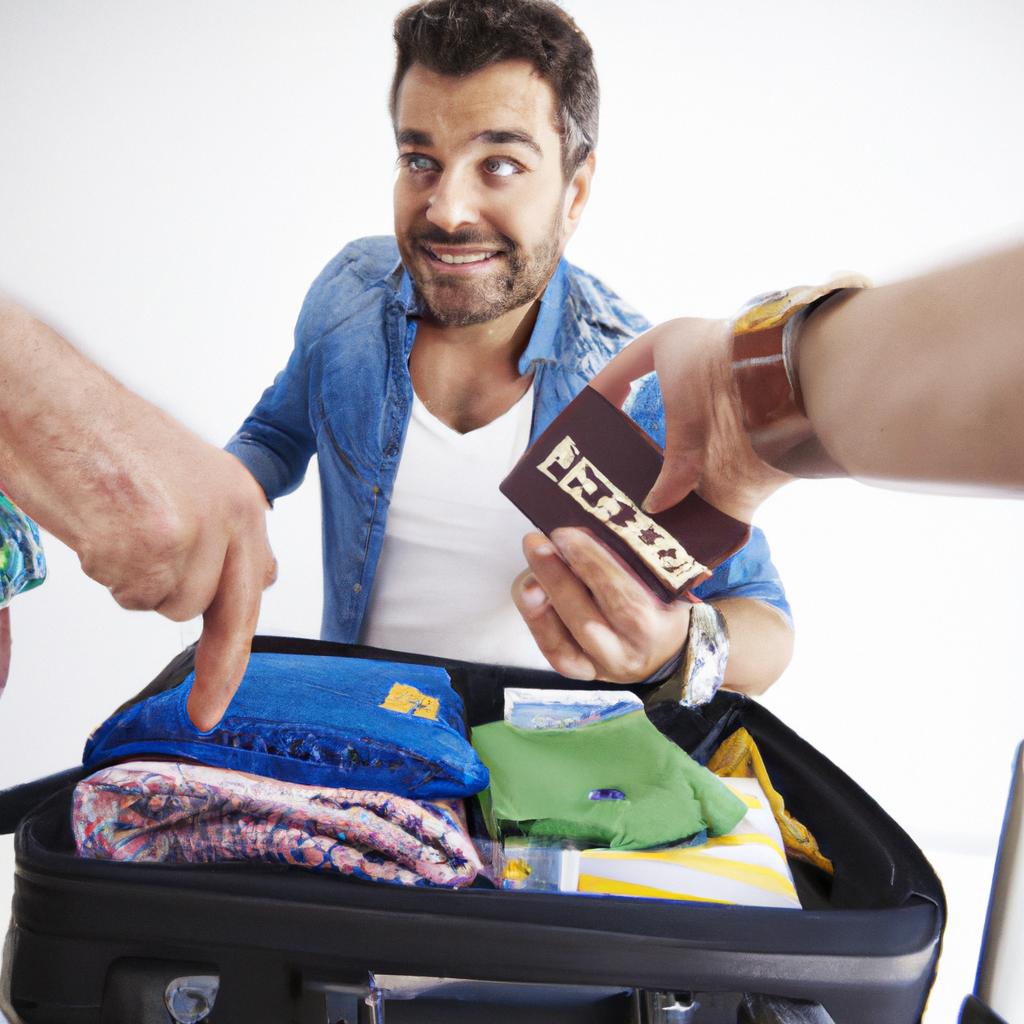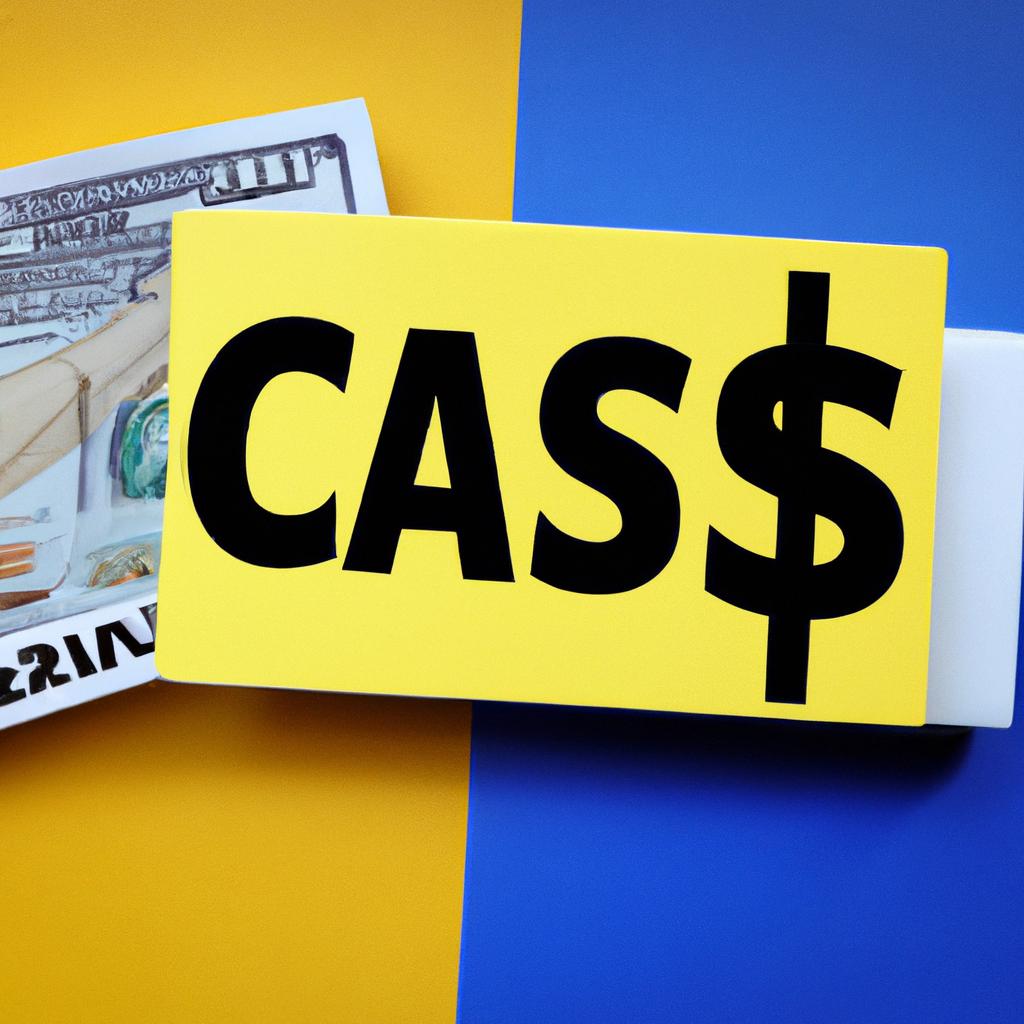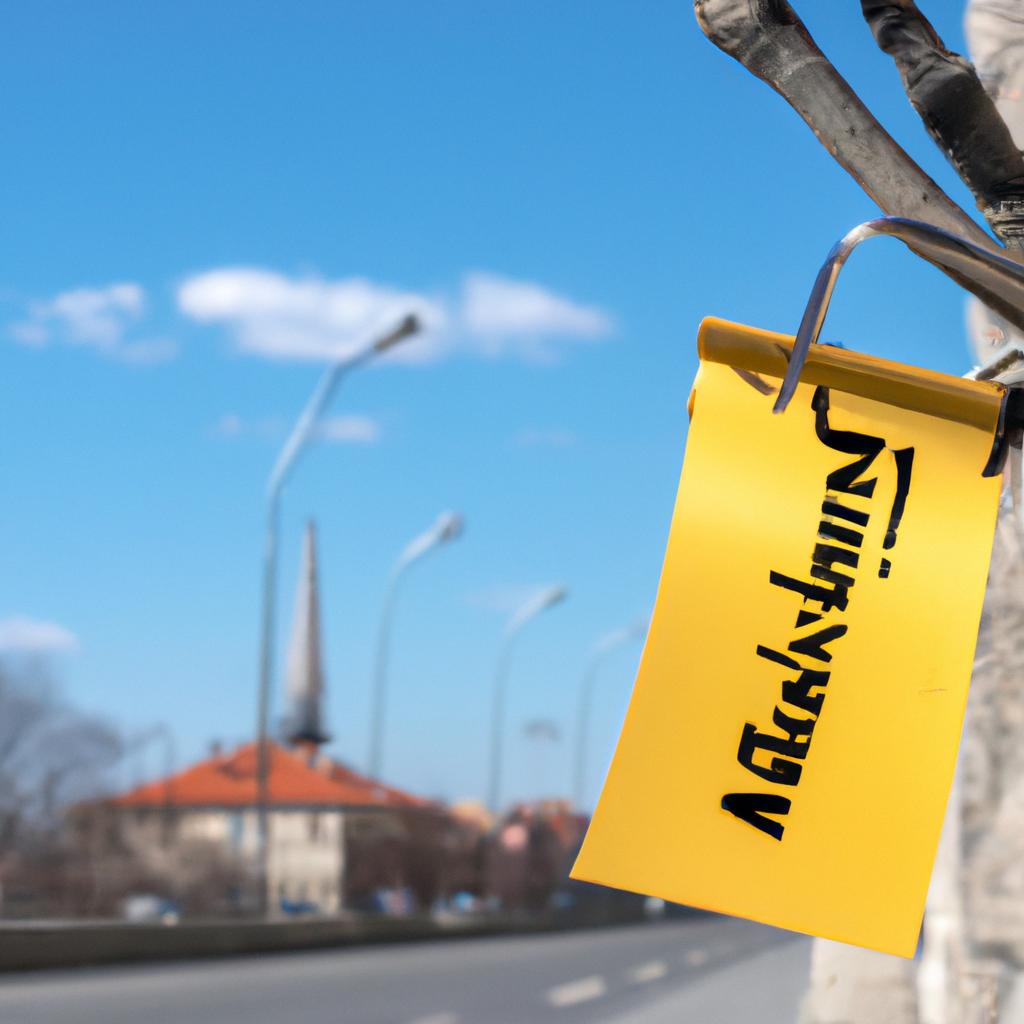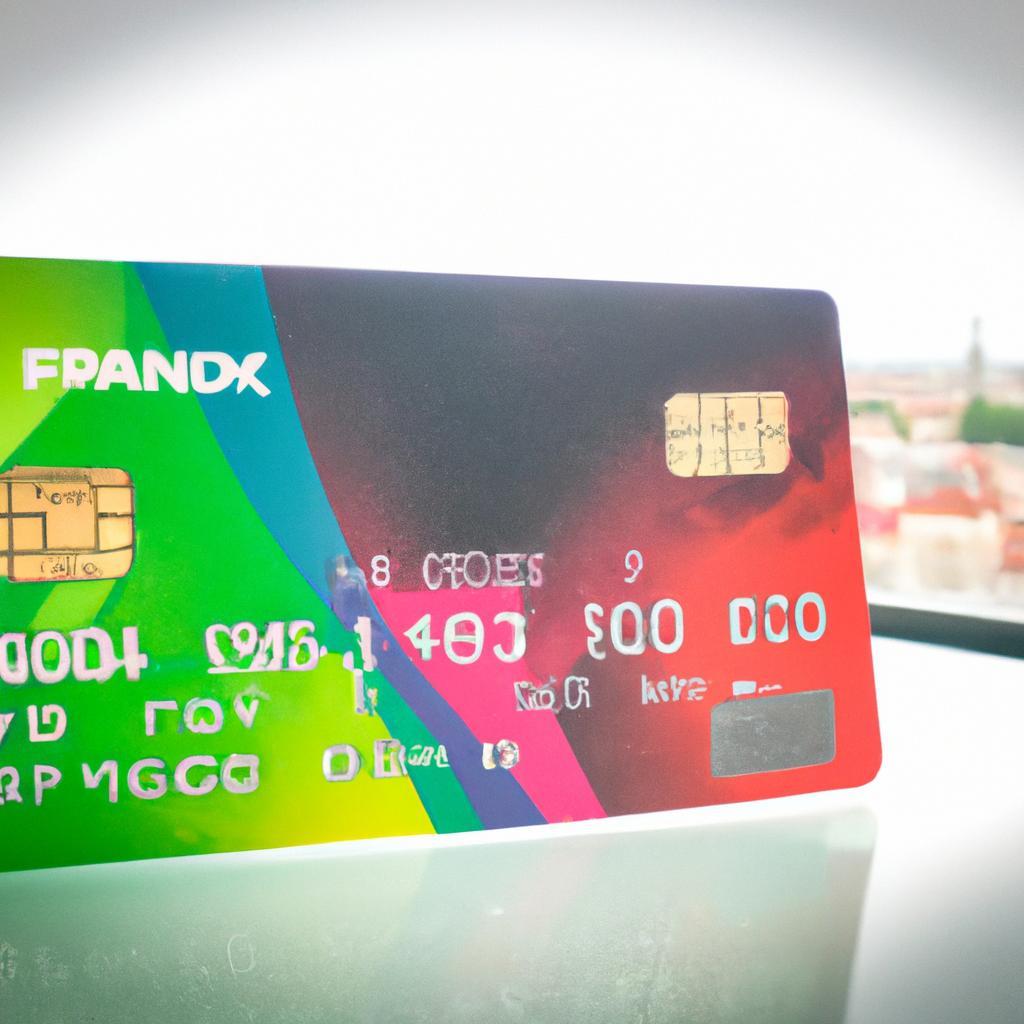In the age of digital transactions and ever-evolving financial technologies, the way we manage our money while traveling has transformed dramatically. Gone are the days when travelers relied solely on cash or cards, as modern journeys now offer a plethora of payment options that can make or break your experience on the road. Whether you’re sipping espresso in a quaint Italian café or bargaining at a bustling market in Bangkok, striking the right balance between cash and card can enhance your travels in ways you might not yet realize. In this article, we will explore the art of navigating payments, examining the advantages and pitfalls of each method, so you can hit the road with confidence and peace of mind. From understanding local currencies and exchange rates to safeguarding your finances against potential pitfalls, our guide will help you find that sweet spot, ensuring your travel adventures are as smooth as they are enjoyable.
Mastering the Art of Travel Payments
When embarking on a new adventure, understanding the nuances of travel payments can make a significant difference in your overall experience. Opting for **cash** or **cards** requires a balance that suits not only the destination but also your personal comfort and security. Carrying cash can be beneficial in certain scenarios, as many local markets and smaller establishments may not accept cards. Consider the **following advantages of cash**:
- Wider acceptance: Local vendors often prefer cash, especially in rural areas.
- No transaction fees: Avoid extra charges that come with card payments.
- Better bargaining power: Cash gives you the flexibility to negotiate prices on purchases.
However, don’t overlook the convenience provided by credit and debit cards. With the right card in hand, you can travel light without worrying about running out of money or losing a significant amount. Here are a few **benefits of using cards**:
- Enhanced security: Cards can be easily replaced if lost or stolen.
- Rewards and cashback: Many cards offer travel rewards, which can save you money in the long run.
- Transaction tracking: Digital records of your expenditures can simplify budget management.
In situations where both cash and cards can coexist harmoniously, it’s wise to carry a blend of both. An ideal strategy is to keep a moderate amount of cash on hand for day-to-day expenses, while relying on your card for larger purchases or emergencies. This approach helps safeguard your finances while ensuring ease of transactions, making your travel experience more enjoyable and stress-free.

The Cash vs. Card Dilemma Unpacked
When it comes to managing travel expenses, the decision between cash and cards often presents a conundrum for many adventurers. Using cash can enhance your experience in various ways. For instance, **local markets** or small family-owned eateries may only accept cash, providing an authentic glimpse into the culture and community. Moreover, cash transactions can help categorize spending and maintain a *real-time understanding of your budget*, preventing overspending in impulse situations. However, carrying large amounts of cash also presents risks, including theft or loss, leading to the argument that a balanced approach might be more prudent.
On the flip side, cards offer convenience and security that cash simply can’t match. With features like **fraud protection**, travel rewards, and the ability to dispute charges, credit and debit cards become a traveler’s lifeline. Furthermore, they eliminate the hassle of finding an ATM or exchanging currency while abroad. To make the most of both worlds, consider employing a hybrid strategy: a mix of cash for small purchases and cards for larger transactions. Here’s a brief comparison to help you decide:
| Cash | Card |
|---|---|
| Widely accepted in small, local businesses | Convenient for online purchases |
| No transaction fees for cash withdrawals | Possible foreign transaction fees |
| Immediate understanding of spending | Can accumulate rewards or points |
| Risk of loss or theft | Loss covered by fraud protection |

Practical Strategies for a Seamless Travel Experience
In today’s fast-paced travel landscape, finding the right mix of cash and cards can significantly enhance your travel experience. While cards are convenient, allowing for easy tracking of expenses and minimizing the bulk in your wallet, cash remains essential, especially in areas where card usage is limited or non-existent. Here are some **practical tips** to consider:
- Know Your Destination: Research common payment methods accepted in the locations you plan to visit.
- Carry Local Currency: Always have a small amount of local cash on hand for small purchases or markets.
- Use Cards Wisely: Opt for credit cards that provide travel benefits like no foreign transaction fees.
- Secure Your Funds: Split your cash and cards between different bags to minimize loss risks.
To further streamline your experience, consider using digital wallets, which blend the security of cards with the convenience of cash. Many modern apps allow you to convert your money into various currencies at competitive exchange rates. Here’s a quick comparison of cash versus card options:
| Method | Pros | Cons |
|---|---|---|
| Cash |
|
|
| Cards |
|
|
Future Outlook
As we conclude our journey through the intricate landscape of payments while traveling, it becomes clear that the art of balancing cash and cards is not merely about convenience—it’s a dance of strategy and adaptability. By assessing the nuances of your destination, understanding the benefits and pitfalls of each payment method, and being mindful of your personal preferences, you can create a harmonious payment plan that enriches your travel experience.
Whether it’s the tactile joy of handling local currency or the seamless swipe of your credit card, each choice shapes your adventure in unique ways. As you prepare for your next escapade, let this knowledge guide you, ensuring that you move fluidly between cash and card with confidence. After all, every journey is not just about the places you visit, but the experiences you cultivate along the way. Safe travels and happy spending!
